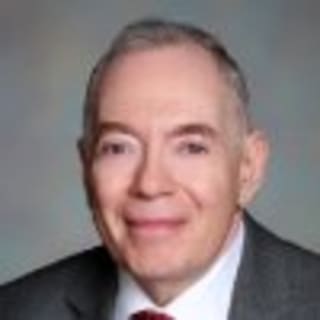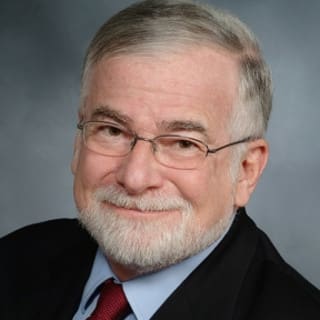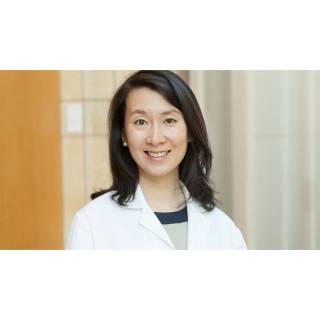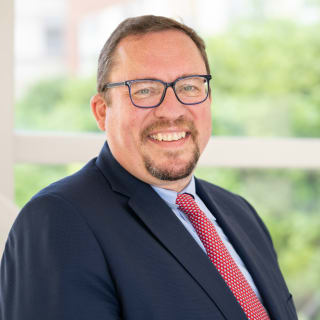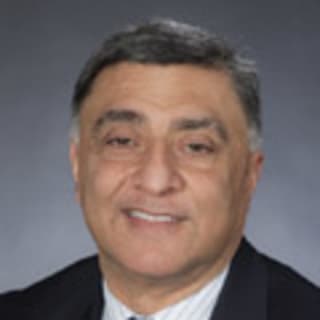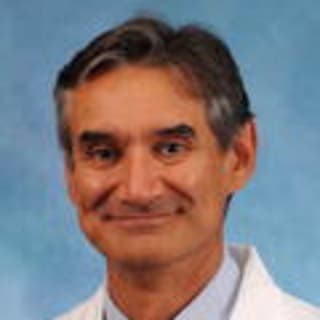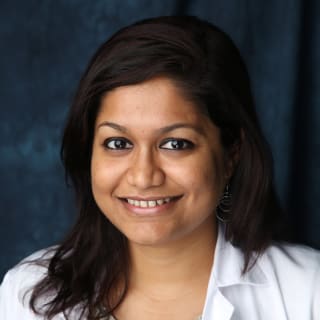Dr. Snyderman is on Doximity
As a Doximity member you'll join over two million verified healthcare professionals in a private, secure network.
- Connect with other colleagues in the same hospital or clinic
- Search all U.S. specialist profiles and refer a patient
- Read the latest clinical news and earn CME/CEU credits
Office
515 Abbott Rd
Suite 102
Buffalo, NY 14220Phone+1 716-824-5588Fax+1 716-824-6201- Is this information wrong?
Summary
- I am the Founder and President of the nonprofit Research Institute for Viral Oncology (RIVO.org). Why study viruses and cancer? The reason is that there are 23 articles published in peer reviewed, scientific and medical journals that show that antiviral drugs can improve outcomes in cancer, sometimes dramatically. RIVO’s first goal was to support research to prove the infection of cancer by cancer viruses. The same techniques that were used to sequence the human genome were employed and the usual analysis was made more in keeping with the biological events. We analyzed both the DNA and RNA of the tumor and enriched viral sequences. Looking at common cancers: colorectal and lung, viruses were present, the viruses known to commonly infect us. Presumably, most people keep these viruses confined to a few cells or "reservoir" but patients with cancer can't. We plan to study many more cancers. RIVO’s second goal is to support the development of antiviral drug treatments of cancer. Antiviral drugs are currently available that can effectively treat any of the 14 known cancer viruses. Treating the cancer virus could reverse many of the viral-induced changes that drive the malignancy and that protect the cancer from being attacked by the immune system. This could mean that adding antiviral drugs to standard management could improve efficacy. Improved efficacy could allow less intense standard therapy and therefore lower toxicity.
Education & Training
 University at BuffaloResidency, Internal Medicine, 1973 - 1975
University at BuffaloResidency, Internal Medicine, 1973 - 1975 Temple University HospitalFellowship, Hematology and Medical Oncology, 1970 - 1971
Temple University HospitalFellowship, Hematology and Medical Oncology, 1970 - 1971 Temple University HospitalResidency, Internal Medicine, 1967 - 1970
Temple University HospitalResidency, Internal Medicine, 1967 - 1970 Lewis Katz School of Medicine at Temple UniversityClass of 1967
Lewis Katz School of Medicine at Temple UniversityClass of 1967 Temple UniversityA.B., Biology, 1963
Temple UniversityA.B., Biology, 1963
Certifications & Licensure
 NY State Medical License Active through 2024
NY State Medical License Active through 2024 NY State Medical License 1973 - 2024
NY State Medical License 1973 - 2024 PA State Medical License Active through 1976
PA State Medical License Active through 1976- American Board of Internal Medicine Internal Medicine
- American Board of Internal Medicine Hematology
- American Board of Internal Medicine Medical Oncology
Awards, Honors, & Recognition
- Love Award “for Outstanding Service” Mercy Hospital of Buffalo, NY, 2012
- Best Teaching Attending Mercy Hospital/SUNY Buffalo Internal Medicine Residents, 1983, 1990, 1995
Publications & Presentations
PubMed
- 16 citationsTranslocation t(6;9)(p22.3;q34) in myelodysplastic syndrome--refractory anemia with excess blasts.Yao Shan Fan, Azra Raza, Joan Schumer, Sheila N.J. Sait, Anne Marie W. Block, Michael Snyderman, Avery A. Sandberg> ;Cancer Genetics and Cytogenetics. 1987 Nov 1
- 31 citationsComparison of four-combination chemotherapy programs in metastatic breast cancer: comparison of multiple drug therapy with cytoxan, 5-FU and prednisone versus cytoxan ...Takuma Nemoto, John Horton, Richard Simon, Thomas L. Dao, Dutzu Rosner, Thomas J. Cunningham, Robert W. Sponzo, Michael Snyderman> ;Cancer. 1982 May 15
- 3 citationsPotentiating Role of Previously Administered Agents in the Combination Chemotherapy of Breast CancerDutzu Rosner, Michael Snyderman, Takuma Nemoto> ;Oncology. 1979 Jan 1
- Join now to see all
Abstracts/Posters
- Snyderman M, Mikovits JA, ASCO Proceedings, 1/1/2013
- Mikovits A, Snyderman M, ASCO Proceedings, 1/1/2013
- Snyderman M, Hematological Malignancies Houston 2010 (MD Anderson Cancer Center), 10/1/2010
- Join now to see all
Lectures
- Medical Grand Rounds; Mercy Hospital of Buffalo, NY - 1/1/2010
- Mercy Hospita Annual John J. O’Brien, M.D. Research Symposium - 1/1/2006
- Mercy Hospita Annual John J. O’Brien, M.D. Research Symposium - 1/1/2002
- Join now to see all
Hospital Affiliations
- Mercy HospitalBuffalo, New York
Viewing the full profile is available to verified healthcare professionals only.
Find your profile and take control of your online presence:
